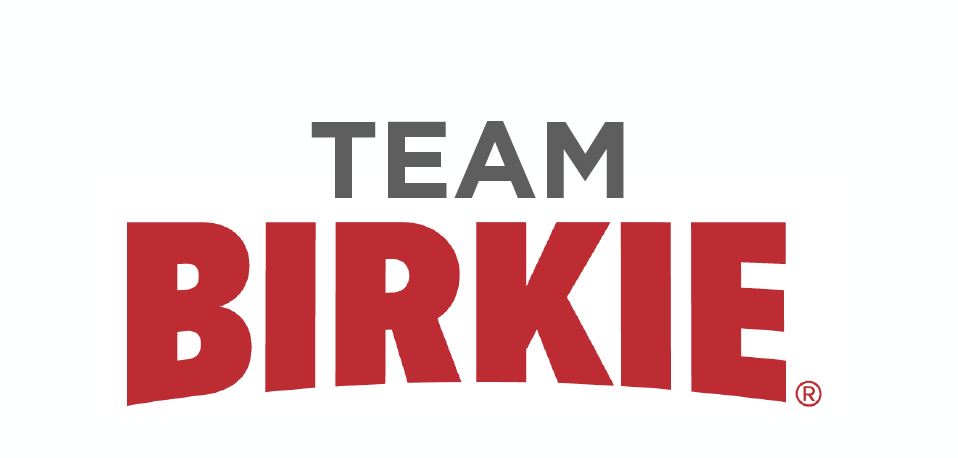Mental Toughness with Mental Performance Coach Abby
Hello, and welcome back.
Hope you are doing well.
This is the last part of our mental sports performance series for 2023, as we will turn our gears to the season and all our athletes racing. Summarizing what we have so far, we have done a deep dive into goal setting, Burnout, confidence and now mental toughness.
We have all heard the phrase mental toughness and probably have an idea of what that is. But how can we improve it? Let’s hear from Mental Performance Coach Abby.
Improving Mental Toughness:
- How can I develop mental toughness to endure physically and mentally challenging situations?
So many different concepts or skills from resiliency to focus to confidence make up mental toughness so it can be hard to define and pinpoint exactly what makes an athlete mentally tough. Improving mental toughness truly means embracing and growing many different mental skills.
One way to look at mental toughness is through the 4Cs (Clough et al., 2002)
Challenge- A mentally tough skier views challenge as an opportunity rather than focusing on what could go wrong. They are willing to put themselves in new or challenging situations, like training with a faster group to improve their skills. Challenge can be embraced when mistakes are viewed as learning opportunities instead of failures.
Commitment- A committed skier understands and values the process it takes to ski at whatever level they choose. They are present and focused during training and competition so they can push toward their goals. They commit to giving the best they can each day. Some days, commitment is deciding that the body needs more time to recover before an interval workout. Other days, it’s knowing that the body is ready for a tough workout even if the mind tries to tell it otherwise, so they do it anyway.
Control- A skier in control is not afraid to step up as a leader during a challenging training session or competition. They show the ability to manage their emotions effectively. Instead of getting upset with a teammate for cutting them off, they find a way to carry on and can congratulate their teammate later. Finally, they take responsibility for their actions when things are not going well and when they are skiing their best.
Confidence- A confident skier not only believes in their ability to execute a race plan or reach a goal, but they also believe they have the tools and support needed to navigate the ups and downs of training & racing. They can navigate when to stand their ground or effectively handle criticism. They can voice their needs and seek out support from others when needed.
- Are there specific exercises or drills to strengthen my mental resilience?
· Become aware of how you assess a race, workout, or interaction. How are you thinking about this situation or interaction? You may find that you need to shift your perception. For example, if you dread a course with steep and twisting downhills, how might you begin to view that as an opportunity to learn or practice more skills?
· Practice mental skills during training and not just during races. Create an environment that simulates challenging situations so you can practice tuning out the noise and focusing on what you want to happen when there is less at stake. Start with one mental skill like goal setting, imagery, or self-talk to improve your training and help adaptive behaviors become a habit. They all apply to our everyday lives too!
· Tools like imagery and self-talk can help you prepare and work through challenging situations. Imagery is a tool that helps you image, or play out, a specific situation or race in your mind. With practice, you can learn to use all your senses to create an image and watch yourself execute the perfect technique or portion of a race. Our brains don’t know the difference between actually doing it and imaging it, so it helps our body and mind gain additional practice and confidence with specific skills without physically doing them.
Self-talk can be used in many ways and it’s about finding what works for you. Some skiers may find motivational phrases like, “Come on, you’ve got this” to be helpful. Others might find it more helpful to keep the phrase neutral by recognizing what is and knowing they can handle it, “I’m dying, and I have felt this way before so I can handle it”. Other times using a technique cue such as, “pop, pop, pop” can help you stay focused.
Thank you for reading and thank you to Abby for all the great guidance. You can find Abby at Champion Mind.


